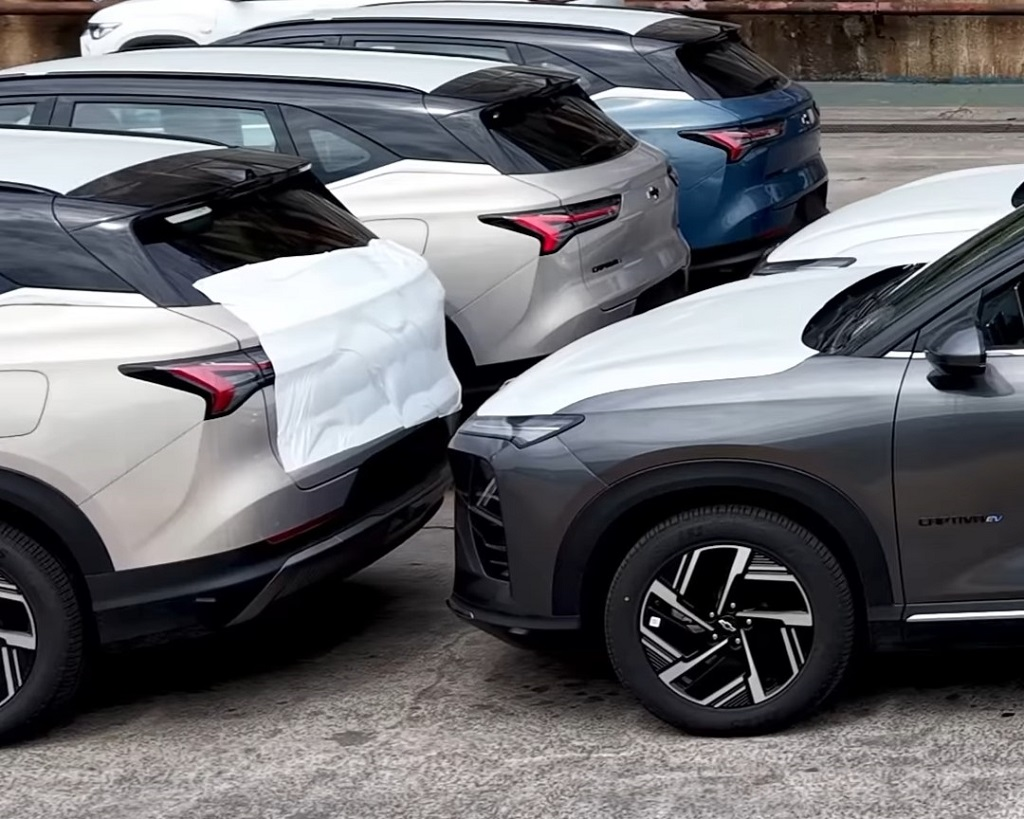In 2023, the automotive landscape is undergoing a seismic shift. With electric vehicle (EV) sales surpassing 10 million units worldwide last year, according to the International Energy Agency (IEA), this trend signals a transformative era in car technology. The surge in EV adoption is set against a backdrop of environmental consciousness and technological advancements, prompting an exciting comparison between EVs, hybrids, and traditional gas-powered cars. In this article, we’ll explore the key differences, advantages, and challenges of each vehicle type, providing you with a comprehensive guide to making an informed decision for your next car purchase.
The Rise of Electric Vehicles in 2023
Electric Vehicles: The Future is Now
Electric vehicles are at the forefront of the automotive revolution. According to Bloomberg Green, 2023 marks a year where EVs have become mainstream, thanks to advances in battery technology and expanding charging infrastructure. What makes EVs stand out?
- Zero Emissions: Unlike gas cars, EVs produce no tailpipe emissions, making them environmentally friendly.
- Lower Operating Costs: With fewer moving parts, EVs typically require less maintenance and benefit from lower energy costs.
- Government Incentives: Many countries offer tax rebates and incentives to encourage EV adoption.
However, potential buyers should consider the availability of charging stations and the initial purchase cost, which can still be higher compared to traditional vehicles.
Hybrids: The Best of Both Worlds?
Hybrids offer a blend of electric and gasoline power, providing a middle ground for those hesitant to fully commit to an electric vehicle. According to InsideEVs, hybrids accounted for approximately 20% of global car sales in 2023. Hybrids are particularly attractive due to:
- Fuel Efficiency: They offer better fuel economy than traditional gas cars.
- Flexibility: Hybrids can run on gasoline, reducing range anxiety associated with pure EVs.
- Smooth Transition: For those accustomed to gas cars, hybrids offer a familiar driving experience with added eco-benefits.
Despite these advantages, hybrids still emit emissions and might not qualify for as many incentives as full-electric vehicles.
Traditional Gas Cars: Holding Their Ground
Gasoline Cars: A Staple with Limitations
Gasoline vehicles have been the backbone of transportation for over a century. Even as EVs and hybrids gain traction, gas cars remain popular, especially in regions with limited EV infrastructure. Here’s why:
- Infrastructure: Extensive refueling infrastructure makes gas cars convenient.
- Lower Upfront Cost: Typically, gas cars have a lower initial purchase price compared to EVs and hybrids.
- Variety and Availability: A wide range of models is available to suit different needs and preferences.
However, with increasing fuel prices and stringent emissions regulations, the long-term viability of gas cars is under scrutiny.
Charging and Fueling: What You Need to Know
How to Charge an Electric Vehicle
Charging an EV is increasingly convenient, with options ranging from home chargers to public fast-charging networks. Here’s a quick guide:
- Home Charging: Install a Level 2 charger for overnight charging.
- Public Charging: Use apps like PlugShare to locate nearby stations.
- Fast Charging: For long trips, utilize DC fast chargers available on major routes.
Fueling Hybrids and Gas Cars
For hybrids and gas vehicles, refueling is straightforward with widespread gas station availability. However, consider the environmental impact and long-term fuel costs when opting for traditional fuel.
Comparing Costs and Benefits
What to Compare: Costs, Range, and Maintenance
To make an informed choice, consider the following factors:
- Initial Cost: EVs can be pricier upfront, but incentives can offset this.
- Range: Gas cars typically have the longest range, followed by hybrids and then EVs.
- Maintenance: EVs are generally cheaper to maintain, with fewer mechanical parts.
- Resale Value: Increasing demand for EVs is boosting their resale value.
Conclusion: Navigating the Automotive Future
As we navigate 2023, the choice between EVs, hybrids, and gas cars hinges on personal priorities—be it environmental impact, cost, or convenience. Electric vehicles are undeniably leading the charge toward a sustainable future, but hybrids provide a practical transition, and gas cars still hold their ground where infrastructure is lacking.
Ultimately, your decision will depend on your driving habits, budget, and environmental values. As technology continues to evolve, staying informed will ensure you make the best choice for your needs. So, which vehicle type will you choose to drive into the future? Share your thoughts in the comments below!
In this rapidly changing landscape, one thing is certain: the future of transportation is electric, and the journey toward sustainable mobility is only just beginning. Keep an eye on emerging technologies and trends to stay ahead in this exciting automotive revolution.

